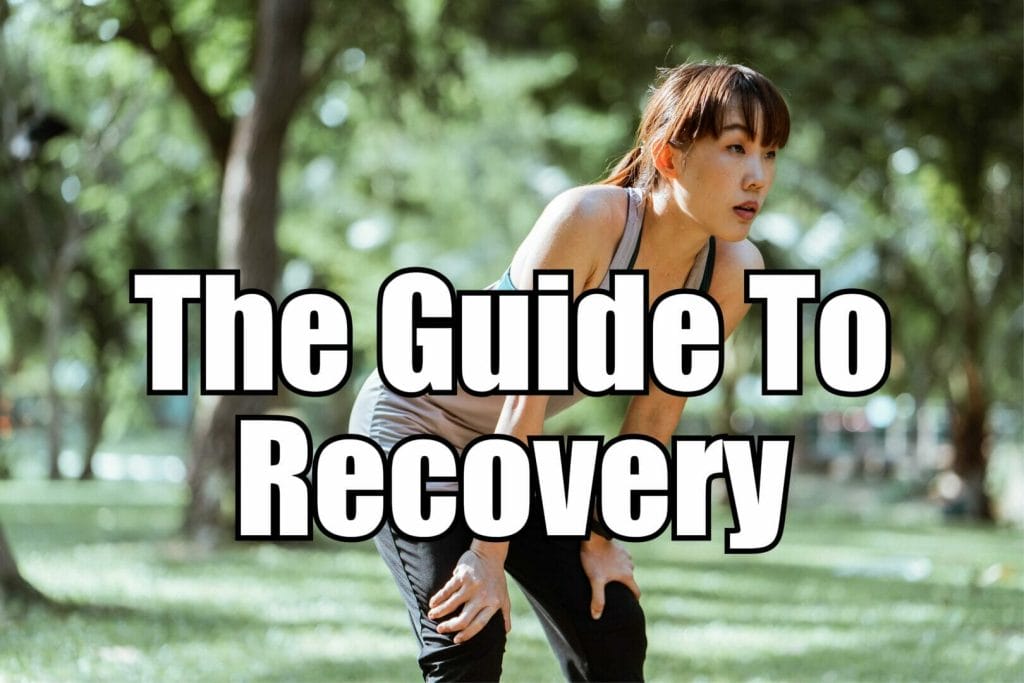The hard work doesn’t stop when you finish your last rep. In fact, one of the most vital parts of your workout journey begins after the actual workout: recovery. This is the time when your body rebuilds and strengthens itself between workouts.
Understanding Exercise Recovery
Exercise recovery comprises everything you do after a workout to heal your body. It includes aspects like proper nutrition, sleep, hydration, and strategic rest. Recovery is key to preventing injuries, reducing muscle soreness, and promoting muscle growth.
Components of Effective Exercise Recovery
- Proper Nutrition: The food you eat plays a crucial role in how your body recovers post-workout. During a workout, your body depletes its glycogen stores and breaks down proteins in your muscles. Consuming a mix of proteins and carbohydrates after your workout can help rebuild those stores and repair muscle tissues. Proteins are the building blocks your body uses to repair and grow muscle tissue, while carbohydrates help replenish energy reserves. Consider eating a balanced post-workout meal within 45 minutes to an hour after exercising to optimize recovery.
- Hydration: Hydration is not just important during your workout, but after it as well. During physical activity, your body loses water and electrolytes through sweat, which can lead to dehydration if not replaced. Water supports every metabolic function in your body, including the process of recovery. It helps with nutrient transport, removing waste products from muscle metabolism, and maintaining body temperature. Make sure to rehydrate after a workout to help restore fluid balance and support your recovery process.
- Adequate Sleep: Sleep is the prime time for your body to undergo protein synthesis, which repairs the muscle damage caused by exercise. Growth hormones are released in abundance during deep sleep, aiding in the recovery and rebuilding of muscles. Therefore, getting 7-9 hours of quality sleep per night is vital for optimal recovery, growth, and overall health.
- Rest and Active Recovery: Rest days are essential to allow your body time to repair, rebuild, and strengthen. Active recovery, which involves performing light, low-intensity exercise, can also be beneficial. This might include activities like gentle yoga, cycling, or walking. These activities increase blood flow to the muscles, helping to reduce muscle soreness and expedite the healing process.
Putting Recovery into Practice
Here are some actionable tips for implementing exercise recovery into your routine:
- Plan Your Meals: Preparing your post-workout meal in advance ensures you’ll have the necessary nutrients readily available. Aim for a balanced mix of protein for muscle repair, carbohydrates for energy replenishment, and some healthy fats for overall recovery. An example could be a grilled chicken breast (protein), sweet potato (carbohydrate), and avocado (healthy fats). This mix provides the essential nutrients your body needs for effective recovery.
- Stay Hydrated: Make a habit of carrying a water bottle with you throughout the day to help ensure you’re drinking enough. A general guideline is to aim for at least half your body weight (in pounds) in ounces each day, but remember that your exact needs can vary depending on factors like your activity level, climate, and individual physiology.
- Prioritize Sleep: Good sleep hygiene can significantly enhance the quality of your sleep. This includes maintaining a regular sleep schedule, ensuring your sleep environment is dark, cool, and quiet, and establishing a relaxing pre-sleep routine. Limiting exposure to screens and avoiding caffeine and heavy meals in the hours leading up to bedtime can also contribute to better sleep.
- Schedule Rest Days: Rest days are not an afterthought but an integral part of any training program. Plan for at least two rest days per week to allow your body ample time to recover and adapt to your workouts. These rest days can include active recovery activities or complete rest, depending on how your body feels.
Remember, recovery is a vital component of any fitness regimen. By prioritizing these aspects of recovery, you set the foundation for better performance, improved results, and overall wellness.



